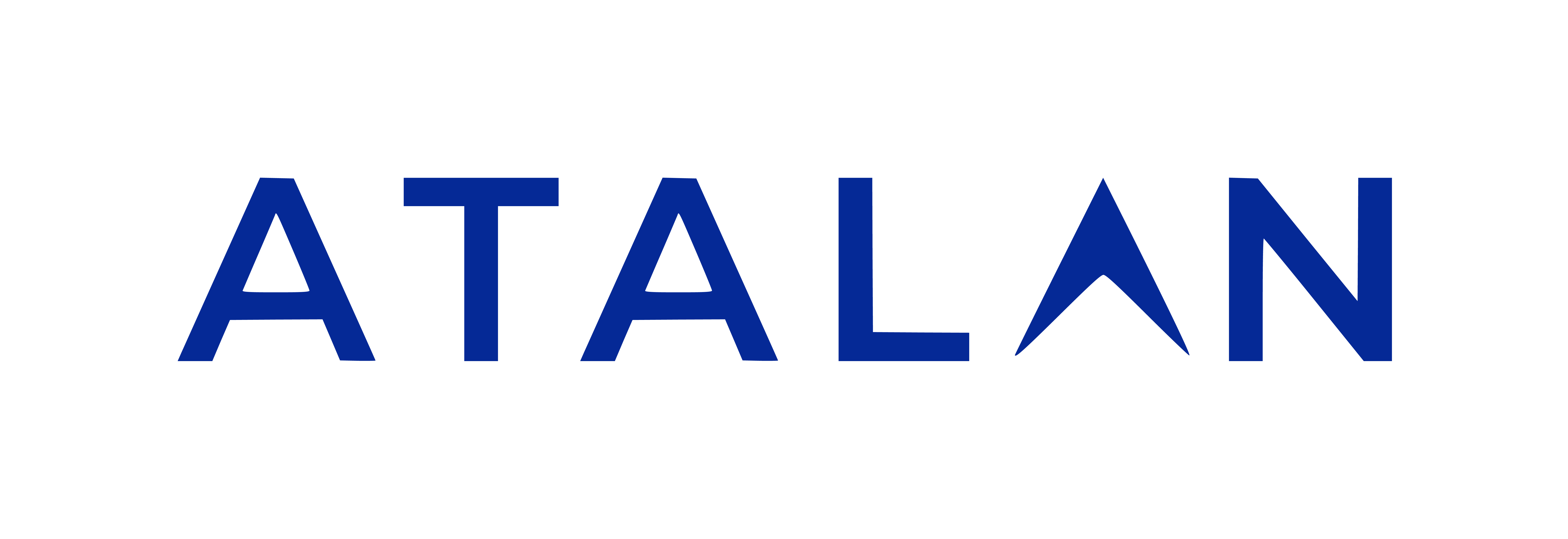The integration of technology is inevitable and essential in healthcare. As leaders in this sector, we must ensure that these technologies are implemented ethically and enhance patient care without compromising privacy or security. Ethical use of technology requires rigorous standards and a leadership commitment to uphold the principles that benefit all stakeholders involved.
Understanding Ethical Technology in Healthcare
Ethical technology in healthcare means more than just advanced tools; it encompasses everyday instruments that seamlessly integrate into our routines, supporting rather than supplanting human aims.
“Like all new technology, artificial intelligence holds enormous potential for improving the health of millions of people around the world, but like all technology, it can also be misused and cause harm,” said Dr Tedros Adhanom Ghebreyesus, WHO Director-General said in 2021 when the World Health Organization issued its first global report on AI. Ethical technology ensures that it remains a democratic tool, one that does not favor a select few but considers the well-being of all users, including patients and healthcare providers. At Atalan, we start by ensuring our technologies are tools that enhance human efforts, without imposing unjust conditions for their creation and maintenance.
The Central Role of Leadership
Leadership in healthcare technology isn’t just about choosing the right tools; it’s about fostering a culture where ethical considerations are at the forefront of technological integration. Chief Medical Officers and CEOs have the unique capacity to steer their organizations toward practices that prioritize patient safety, data security, and the effective use of clinical information.
Jay Bhatt, D.O., managing director of the Deloitte Health Equity Institute and the Deloitte Center for Health Solutions said, “While technology has advanced, healthcare data itself has remained largely the same. Training AI on biased or incomplete data related to age, ethnicity, gender, or race age could lead to decisions that may have unintended consequences. Inequities in the US health system cost approximately $320 billion a year, an amount that could grow to $1 trillion by 2040 if left unaddressed. At the same time, AI has the potential to make health care more equitable, eight out of 10 health equity leaders are not at the table when AI strategy is being developed, according to the results of the Deloitte 2024 Outlook for Health Equity. That will likely change if AI becomes a more integrated part of healthcare delivery.”
Leadership Strategies for Ethical Technology
Advisor to the Atalan leadership team, Dr. Jeffrey Byrnes, Associate Professor of Philosophy at Grand Valley State University and Devois Medical Ethics Colloquy says, “By working with companies that prioritize transparency and work hard to eliminate biases from their technology, health systems can build—rather than erode— trust with their team members.” Here are three key areas for healthcare executive teams to focus on:
- Establishing Clear Guidelines: Develop comprehensive policies that define what constitutes ethical technology within your organization. These guidelines should address data handling, patient consent, and end-user benefits.
- Promoting Transparency: Make the processes and decisions surrounding technological implementations open to scrutiny by all stakeholders, ensuring accountability at every step.
- Engaging Stakeholders: Regularly involve clinicians, patients, and tech developers in discussions about the technology you deploy. This inclusive approach ensures that multiple perspectives shape the development and use of technology.
Challenges and Solutions
Implementing ethical technology in healthcare is not without its challenges. Issues such as bias and discrimination can arise from algorithms, while breaches in privacy and security remain a significant concern. To address these, leaders must:
- Conduct Regular Audits: Regularly review and audit technologies to ensure they do not inadvertently perpetuate biases or compromise user safety.
- Strengthen Security Measures: Invest in robust security infrastructures and protocols to safeguard sensitive information against breaches.
- Enhance Clinician Training: Ensure that clinicians are well-equipped to use new technologies effectively, maximizing patient safety and care quality.
Benefits of Ethical Leadership in Technology
The benefits of maintaining high ethical standards in technology are manifold. By committing to ethical practices, healthcare organizations can achieve:
- Improved Patient Trust and Care: Patients trust providers who use secure, reliable, and fair technologies, leading to better patient outcomes.
- Increased Clinician Satisfaction: Clinicians tend to be more satisfied and less prone to burnout when they feel confident in the tools they use, knowing these tools are safe, effective, and aligned with their professional ethics.
- Stronger Compliance with Regulations: Ethical technology practices ensure that organizations remain compliant with ever-evolving regulatory requirements, avoiding legal pitfalls and fostering organizational integrity.
As leaders in healthcare, we hold the keys to how technology shapes the future of patient care. By committing to ethical technology practices, we not only enhance the efficiency and safety of our healthcare systems but also uphold the dignity and rights of every individual affected by our decisions.
Evaluate your current technology strategies through the lens of ethics. Consider partnering with companies like Atalan, recognized for their commitment to ethical technology, to ensure your technology solutions not only meet clinical needs but also uphold the highest ethical standards.
This comprehensive approach not only solidifies the role of leadership in ethical technology implementation but also ensures that healthcare systems are places of trust and efficacy, benefiting all who interact with them.

